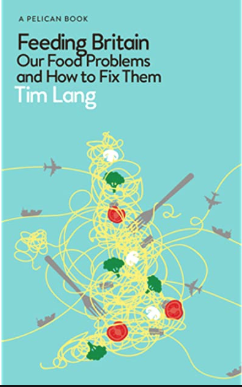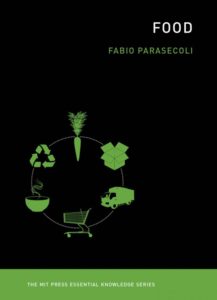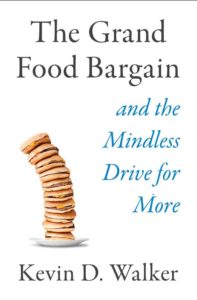Weekend reading: catching up on recent reports
Read these and you will be up to date on anything known about food systems in the age of COVID-19.
FAO and Hopkins Dashboard
This gives data on aspects of food systems—supply chains, food environments, consumer behavior, diets and nutrition, and the effects of key drivers like climate change and income, 170 indicators in all—on the food systems of 230 countries and territories. This is one-stop shopping for this kind of information.
“What struck us back in 2017 while working on the UN High Level Panel of Experts on Food Systems and Nutrition Report was the lack of accessible, organised, quality-checked information on food systems. Without that data, it’s difficult to identify the best evidence-based actions that could improve food systems,” said Johns Hopkins Global Food Ethics and Policy Program Director Jessica Fanzo. “It was really important to us, given the level of complexity and interconnections inherent to food systems, that the data be presented in a way that is easily usable – and that’s what the Dashboard does. Now decision makers have easy access to both data and to policy advice that is specific to their situations.”
Oxfam: “Exposed: How US supermarkets are failing their workers in a global pandemic”
Oxfam analyzed the formal policies of major US supermarkets during the first months of the pandemic, including Albertsons/Safeway, Costco, Kroger, Walmart, and Whole Foods/Amazon in five key areas: paid sick leave, hazard pay, protective gear, engagement with workers and worker representatives, and gender and dependent care. While all of these supermarkets stepped up some of their policies, none of them are doing nearly enough as they continue to make outsized profits on the backs of their low-wage workers.
Here are the Press release and the report.
CGIAR: Actions to Transform Food Systems Under Climate Change
Nothing short of a systemic transformation of food systems is required if we are to feed the world’s current and future population sustainably under climate change…we aimed to identify the high priority actions that we must collectively take now, for climate change adaptation and mitigation in food systems. [Note: CGIAR was formerly the Consultative Group for International Agricultural Research, but now goes just by CGIAR]
Here is the report.
HLPE [High Level Panel of Experts] 15: Fooc Security and Nutrition: Building a Global Narrative Towards 2030.
Following the emergence of the COVID-19 pandemic, the HLPE was asked to urgently prepare an issues paper on the potential impact of the pandemic on global food security and nutrition for an extraordinary meeting of the CFS on 19 March 2020. The key findings and recommendations from this issues paper have been updated and included in this report…The current COVID-19 crisis is unprecedented in its global scale and the situation is changing rapidly, with many unknowns. It serves as a reminder of the fragility of the global food system and the importance of global coordination.
Here is the report.





